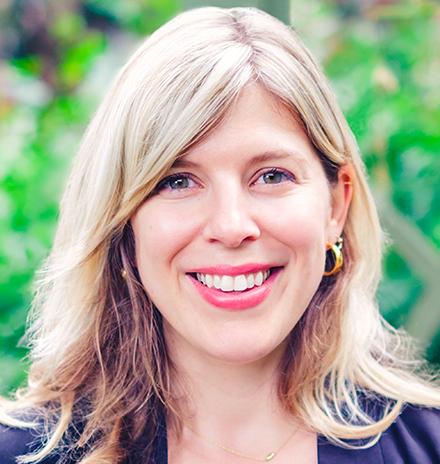The Balloon goes up: China's Place in the world goes critical
Friday, June 2
4:00 P.M. – 5:00 P.M.
Boylston Hall, Fong Auditorium
Summary:
2008, the year of our 30th reunion, was the year of China’s great emergence on the world stage with an exquisitely produced and avidly watched Summer Olympic Games. Companies raced to take advantage of the burgeoning Chinese domestic market and efficient supply chains; enrollment in Mandarin language programs soared as young people dreamed of making their fortune in the fastest growing and largest market in the world; US universities, including Yale, Penn, NYU, Duke, Chicago, Stanford and, yes, Harvard, flocked to open offices or campuses in China. It was the high point of China’s soft power influence in the world.
What happened?
The shooting down of a Chinese “spy balloon” off the coast of South Carolina highlights just how far China’s soft power reputation has fallen.
This panel will offer some suggestions as to how to understand this rapid change and what it means for the future. Among the questions it will address are:
-
What changes has Xi Jinping brought to governance in China during his first ten years as CCP General Secretary?
-
What are the party’s goals beyond economic growth?
-
What is the impact of China’s governance and goals on the United States and the existing global order?
-
Should your grandchildren still be encouraged to study Mandarin?
Panelists:
 Mark Wu
Mark Wu
Mark Wu (伍人英) is the Director of the Fairbank Center for Chinese Studies at Harvard University and the Henry L. Stimson Professor of Law at Harvard Law School, where he teaches international trade and international economic law. He recently returned to Harvard after serving as Senior Advisor in the Office of the U.S. Trade Representative. At Harvard, he has also served as a Faculty Co-Director of the Berkman Klein Center for Internet and Society, and as a faculty affiliate at Harvard’s Asia Center, Center for the Environment, Center for International Development, East Asian Legal Studies, and the Harvard Environmental Economics Program. Professor Wu’s publications include The Law of the World Trade Organization (WTO): Documents, Cases & Analysis (West Academy Publishing 2013, with Petros C. Mavroidis).
 Meg Rithmire
Meg Rithmire
Meg Rithmire(任美格)is F. Warren MacFarlan associate professor at Harvard Business School in the Business, Government, and International Economy Unit. Professor Rithmire holds a PhD in Government from Harvard University, and her primary expertise is in the comparative political economy of development with a focus on China and Asia. A new book, forthcoming with Oxford University Press, Precarious Ties: Business and the State in Authoritarian Asia, examines how governments attempt to discipline business and how business adapts to different methods of state control. Her work also focuses on China's role in the world, including Chinese outward investment and lending practices and economic relations between China and other countries, especially the United States.
Professor Rithmire is a faculty associate at the Weatherhead Center for International Affairs, the Fairbank Center for East Asian Studies at Harvard, and the Harvard Faculty Committee on Southeast Asia.
 Moderator: Jeff Williams, ’78, EALC, MBA ’82
Moderator: Jeff Williams, ’78, EALC, MBA ’82
Jeff Williams (韦杰夫) is a Rajawali Fellow at the Ash Center for Democratic Governance and Innovation at the Harvard Kennedy School and an experienced corporate and non-profit director. He has had a career in banking and education of 40 years in Taiwan, Hong Kong, and China. He is currently an advisor to UBS Asset Management in Hong Kong and China and a member of the board of UBS SDIC Fund Management Company. He is trustee and audit committee chair of China Medical Board, and a council member of Asian Corporate Governance Association. His major at Harvard was East Asian Languages and Civilizations.
In 1979-80 shortly after the resumption of diplomatic relations between China and the United States Jeff taught at Peking University. In 2004-06 he was the first foreign president of a Chinese commercial bank, Shenzhen Development Bank. Most recently, in 2010-2013 he was the inaugural Executive Director of Harvard University’s Center in Shanghai.
